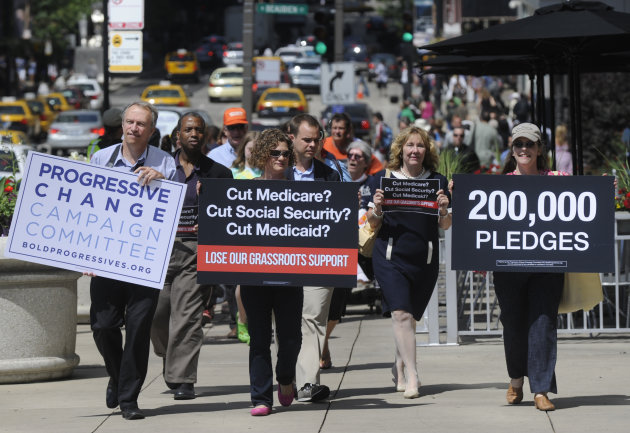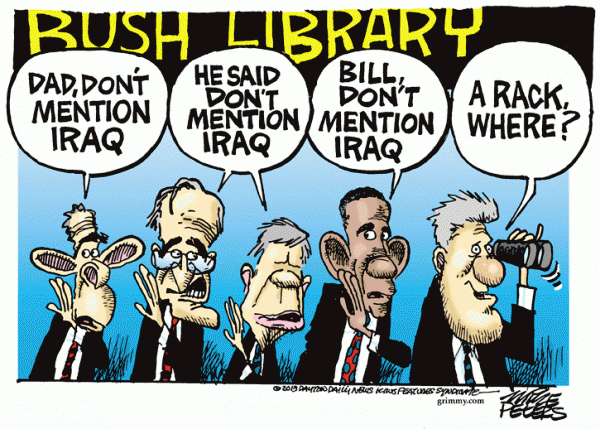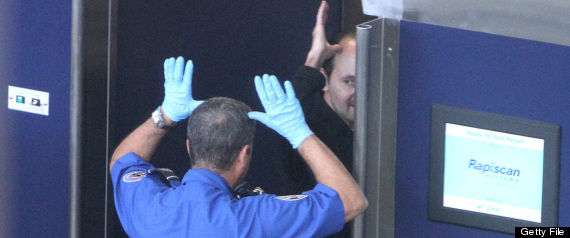While there’s no simple formula for creating a household budget, there are some basic guidelines you can follow to maintain a realistic and accurate monthly spending plan. If you’re tired of worrying about money—or just can’t seem to meet your savings goals—you’ll want to design a budget that accommodates your lifestyle. Avoiding these common budgeting mistakes will make it easier to keep your finances in check and stress less about money matters each month:
1. Setting budget that’s too rigid. Most of your expenses likely fluctuate from month to month, so avoid making the mistake of setting a budget that’s too strict. For instance, you might spend more over Fourth of July weekend or during the winter holiday season. An inflexible budget will not only make it difficult to save money but could inhibit your ability to maintain an accurate perspective on your finances. Consequently, it’s crucial to leave some room to accommodate for unforeseen expenses.
2. Leaving savings out of the equation. Ideally, you want to include a savings contribution as a monthly expense in your budget. Many personal finance experts recommend using an automated savings approach to get in the habit of socking money away every month and help you resist the urge to blow cash on discretionary expenses.
3. Waiting until the end of the month to review receipts and expenditures. Tracking your spending is essential for sticking to a budget. If you’re not making mindful decisions about your spending because you’re waiting until the end of the month to log expenditures and review your spending habits, it’s easier to go over your budget. Tracking your expenditures on a weekly basis can help you keep better tabs on where your money is going. In addition, logging a receipt on the same day of a purchase can help ensure you’re not spending more than you planned to.
4. Inaccurately accounting for regular expenses. Unless you prepay or have set up a separate account to take care of property taxes, car insurance or other regular monthly expenses, your budget may not be accurate. Consider the typical cost of these monthly expenses and incorporate them into your budget. Knowing how much money goes out each month for necessary expenses will give you a better idea of how much it costs to maintain your lifestyle.
5. Making things too complicated. You don’t need to create an elaborate system or use special budgeting tools to develop a realistic spending plan. Simplify your household budget as much as possible so you can easily keep a running total of your expenses next to your monthly budget and have the freedom to update and adjust your budget regularly.
—
Well those are some great tips now aren’t they? If only a certain North American government could budget like that. Click Below for the full article.
http://money.usnews.com/money/blogs/my-money/2013/04/29/5-critical-budgeting-mistakes-to-avoid









